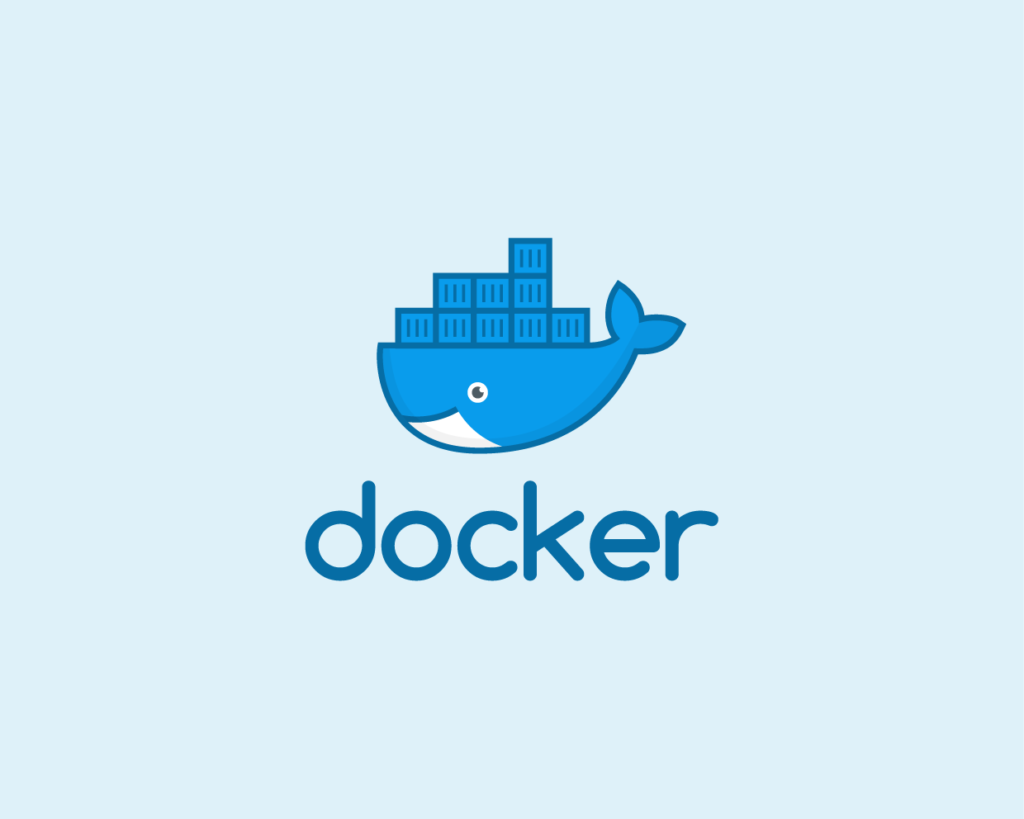In a significant breakthrough for the software development industry, OpenAI has recently launched Codex, a powerful new AI coding agent designed to transform the way developers write and manage code. Integrated into ChatGPT, Codex promises to boost developer productivity, reduce coding errors, and make programming more accessible for both experienced developers and newcomers alike.
In this blog, we will explore what OpenAI Codex is, how it works, its key features, and what it means for the future of software development. If you’re a developer or tech enthusiast curious about the latest AI advancements, this deep dive into Codex will keep you informed and ahead of the curve.
What is OpenAI Codex?
OpenAI Codex is an AI-powered coding assistant built on OpenAI’s advanced GPT-3 architecture, fine-tuned specifically to understand and generate programming code. Unlike traditional AI models that focus primarily on natural language, Codex excels at interpreting natural language prompts and converting them into functional code snippets across multiple programming languages.
The Codex model supports over a dozen programming languages including Python, JavaScript, Java, Ruby, and more, making it versatile for a wide range of development tasks. By understanding context and business logic described in plain English, Codex can write, debug, and even explain code, offering developers a smarter way to build software.
How Does Codex Work?
At its core, Codex leverages advanced machine learning to bridge the gap between human instructions and machine-executable code. Developers simply describe what they want to build or fix in natural language, and Codex generates the corresponding code in real-time.
For example, you could type a prompt like:
“Create a function that sorts a list of numbers in ascending order”
and Codex will produce the exact code snippet in your chosen language.
Codex can also understand more complex instructions, generate APIs, automate repetitive coding tasks, and assist with debugging by suggesting fixes based on error messages.
The AI coding agent is integrated directly within ChatGPT, allowing users to have interactive coding sessions, ask questions about code, or get step-by-step assistance—all through a conversational interface.
Key Features of OpenAI Codex
OpenAI Codex stands out due to its comprehensive set of features designed to accelerate development and improve code quality:
1. Multi-Language Support
Codex supports a wide range of programming languages, enabling developers from different backgrounds to benefit from its capabilities without switching tools.
2. Natural Language Understanding
Developers can describe programming tasks in plain English, eliminating the need to remember syntax or complex commands.
3. Code Generation and Completion
Codex can generate entire functions, classes, or scripts based on user prompts, and even autocomplete partial code snippets with accuracy.
4. Debugging Assistance
By analyzing error messages, Codex offers potential fixes or improvements to the code, saving time on troubleshooting.
5. Integration with ChatGPT
The conversational interface makes it easy to experiment, ask follow-up questions, or refine code interactively.
6. Safe and Responsible Use
OpenAI has incorporated safety measures to reduce the risk of generating harmful or biased code, emphasizing responsible AI deployment.
Benefits of Using Codex for Developers
Increased Productivity
By automating routine coding tasks and generating boilerplate code, Codex lets developers focus on higher-level problem-solving and design.
Lower Barrier to Entry
Beginners can learn programming more easily by experimenting with Codex’s suggestions and explanations, accelerating their learning curve.
Faster Prototyping
Codex can quickly generate working code prototypes based on simple descriptions, speeding up development cycles and iterations.
Improved Code Quality
With AI-driven suggestions and debugging help, developers can write cleaner, more efficient code with fewer errors.
Collaborative Development
Teams can use Codex to explore ideas, document code, and clarify logic, enhancing collaboration and communication.
Potential Use Cases for Codex
- Web Development: Generate HTML, CSS, and JavaScript snippets based on design requirements.
- API Development: Auto-generate REST or GraphQL endpoints from specifications.
- Data Science: Create data processing scripts, visualizations, or machine learning pipelines.
- Automation: Write scripts to automate repetitive tasks like file management or system monitoring.
- Educational Tools: Assist students in understanding programming concepts by generating examples and explanations.
What Does Codex Mean for the Future of Software Development?
OpenAI Codex marks a major step toward AI-augmented programming, where human creativity and machine intelligence combine to accelerate innovation. As AI agents like Codex become more sophisticated, they will likely handle increasingly complex coding tasks, enabling developers to focus more on problem-solving and innovation rather than routine code writing.
However, this evolution also raises important questions about the future role of developers, ethical AI use, and the need for upskilling to work alongside intelligent tools. While Codex can boost efficiency, it should be viewed as a powerful assistant—not a replacement—for human developers.
Getting Started with OpenAI Codex
If you’re eager to try Codex, it’s accessible through ChatGPT’s interface. Start by signing up for OpenAI’s platform, then begin exploring coding prompts, experimenting with code generation, and seeing how AI can fit into your workflow.
To maximize benefits:
- Clearly describe your coding tasks in plain language.
- Use iterative prompts to refine generated code.
- Review AI-generated code carefully before deployment.
- Combine Codex’s suggestions with your expertise for best results.
OpenAI Codex represents a groundbreaking leap in AI-assisted software development. Its ability to translate natural language into functional code is already reshaping how developers work, offering unprecedented productivity and accessibility. As the technology matures, Codex and similar AI coding agents are poised to become essential tools in the developer toolkit, helping build smarter, faster, and more reliable software.
Stay tuned as OpenAI continues to innovate, pushing the boundaries of what AI can do in coding and beyond. Whether you’re an experienced programmer or just starting out, Codex offers exciting opportunities to elevate your development process.

